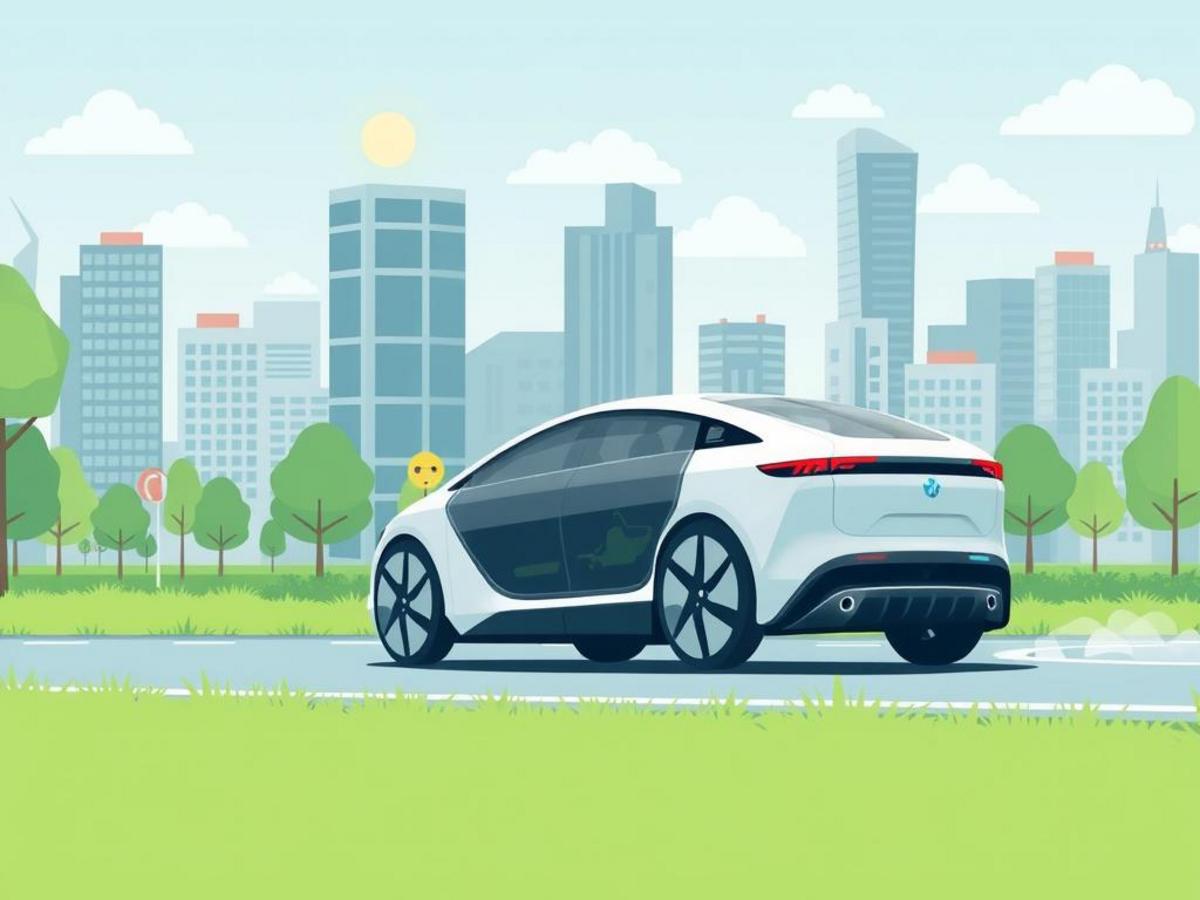Should I Pay Off My Car Loan or My House Mortgage First?
By Md Emran Khan | Updated July 13, 2025
It’s a common dilemma: you’ve got extra money, and two big debts staring you down — your car loan and your mortgage. Which one should you pay off first?
The answer depends on your interest rates, financial goals, and risk tolerance. Let’s break it down simply so you can make the best choice for your money.
Car Loan vs Mortgage: What’s the Difference?
| Feature | Car Loan | Mortgage |
|---|---|---|
| Term Length | 3–7 years | 15–30 years |
| Interest Rates | 5%–12% (typically higher) | 3%–7% (typically lower) |
| Depreciating Asset? | Yes – loses value over time | No – home may gain value |
| Tax Deductible? | Usually not deductible | ✅ Mortgage interest may be deductible |
| Repossession Risk | High if missed payments | Foreclosure (longer process) |
5 Key Factors to Consider Before Deciding
1. Which Has the Higher Interest Rate?
- If your car loan has a higher APR, it’s eating more of your money.
- Prioritize paying off high-interest debt first.
Rule of Thumb: Tackle the debt that costs you more monthly interest.
2. How Much Time Is Left on Each Loan?
- A car loan may only have 1–2 years left, so paying it off early can free up cash quickly.
- Mortgages are long-term — paying off early saves you a lot over time, but it’s a longer payoff journey.
3. Is the Interest on Your Mortgage Tax Deductible?
- If you itemize your deductions, mortgage interest may offer a tax break.
- Car loans don’t.
4. What’s Your Cash Flow Situation?
- Paying off your car may reduce your monthly expenses more quickly.
- That frees up income for saving, investing, or emergencies.
5. Are You Emotionally or Financially Stressed?
- Some people prefer to get rid of the car loan just to eliminate a short-term debt.
- Others like the peace of mind of owning their home sooner.

Example: Let’s Say You Have Both Loans
- Car Loan: $9,000 left, 6.5% APR, 3 years
- Mortgage: $120,000 left, 4.25% APR, 25 years
Even though the mortgage is bigger, the car loan has a higher interest rate, shorter term, and no tax benefit. So — pay off the car first, then attack the mortgage next.
Pro Tip: Consider a Hybrid Strategy
- Make minimum payments on the mortgage
- Pay extra toward your car
- Once the car is paid off, roll that freed-up cash into mortgage prepayments or savings
FAQ: Car Loan vs Mortgage Payoff
Q: Will paying off my car early improve my credit score?
A: Yes — it may reduce your debt-to-income ratio and improve your credit utilization.
Q: Is it okay to invest instead of paying off either loan?
A: If your investments yield more than the interest you’re paying, it could be smarter to invest — but that comes with risk.
Q: Can I deduct my car loan interest on taxes?
A: Only if it’s a business vehicle. Personal car loan interest is not tax-deductible.
Comparison Source Table: Expert Opinions on Loan Payoff Order
| Source | Type | Summary | Link |
|---|---|---|---|
| DaveRamsey.com | Financial Blog | Advises paying off car loans first, then mortgage | Visit |
| NerdWallet – Debt Payoff Tips | Personal Finance Tool | Helps compare high vs. low interest debt priorities | Read |
| Bankrate – Mortgage Prepayment | Financial Resource | Explains pros and cons of early mortgage payoff | Explore |
| Investopedia – Pay Off Mortgage Early | Financial Education | Breaks down tax benefits and investment trade-offs | View |
| Experian – Paying Off Loans | Credit Bureau | Credit score impact of paying off loans early | Learn |
Read More Articles

Md Emran Khan is a passionate news writer and digital content creator focused on delivering clear, insightful, and timely updates on finance, technology, and current events. With a knack for breaking down complex topics into engaging stories, Emran aims to keep readers informed and empowered to make smart decisions. Based in USA, he blends global trends with local perspectives to bring a fresh voice to the news landscape.

2 thoughts on “Should I Pay Off My Car Loan or My House Mortgage First? step by step”